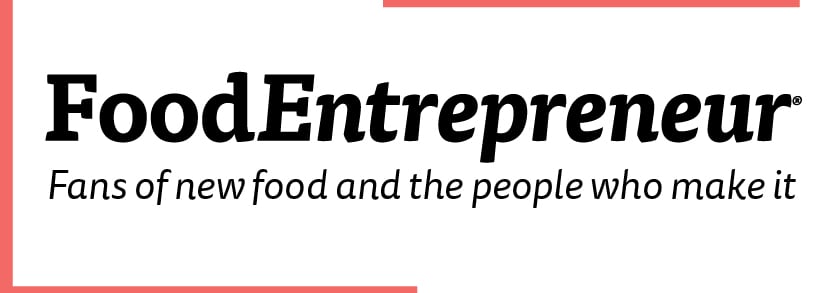[ad_1]
 PORTLAND, ORE. — The pandemic propelled demand for canned foods, a global market approaching $100 billion in sales with high household penetration and yet little to no innovation in decades, according to the founders of Heyday Canning Co., a Portland-based startup.
PORTLAND, ORE. — The pandemic propelled demand for canned foods, a global market approaching $100 billion in sales with high household penetration and yet little to no innovation in decades, according to the founders of Heyday Canning Co., a Portland-based startup.
“Canned food is a huge industry — it still takes up an entire aisle in most grocery stores … but you walk the aisle and there’s basically tumbleweeds going down it,” said Kathryn Kavner, co-founder and chief executive officer. “How could it possibly be that there’s still a multibillion category where there hasn’t been a startup that’s come in and really pushed the boundaries of quality and flavor and sourcing?”
She and fellow industry veteran Jaime Lynne Tulley developed a line of sauce-simmered canned beans featuring elevated flavors and ingredients. Offerings include coconut curry chickpeas, harissa lemon chickpeas, enchilada black beans, kimchi sesame navy beans, apricot glazed baked beans and tomato alla vodka cannellini beans. Within the past two months, the products debuted on shelves at Whole Foods Market and Sprouts Farmers Market stores nationwide, totaling approximately 900 stores.
“It just speaks to how quiet this category has been,” Ms. Kavner said. “I think our intuition was correct, that buyers are really hungry for innovation, and we brought something to them that they have been waiting to see for a while.”
The founders met nearly a decade ago as early additions to the team at Sweet Earth Natural Foods, a frozen vegetarian foods brand that eventually was acquired by Nestle USA. Ms. Tulley was director of product integrity and development, and Ms. Kavner was marketing manager. She later became brand manager at Clif Bar & Co.
“We have these really different but complementary backgrounds and both just love food and always wanted to do something together, the two of us,” Ms. Kavner said. “Over the years we’ve always been batting different ideas back and forth.”
As millions of Americans packed their pantries during the initial lockdown phase of the pandemic, the pair “had this lightbulb moment,” Ms. Kavner recalled.
“We felt like canned food in theory could still be very relevant to the modern consumer,” she said, pointing to perks such as convenience and extended shelf life. “It’s a natural form of food processing, you’re just using heat to make food shelf-stable, you’re not using any preservatives, so you can develop really clean label products.
“And we felt like there was a sustainability story that wasn’t really being told. As we started digging into it, we learned that cans are the most frequently recycled form of food packaging.”
The duo began testing recipes in their home kitchens, incorporating various popular cuisines across the portfolio.
“It took us a very long time to find a copacker; that was the hurdle that was hardest for us to jump,” Ms. Kavner said. “We were in this funny chicken-and-egg situation where we didn’t want to go to retailers without a copacker because it just had been so difficult to find one that we didn’t feel like it was a good idea to get someone excited and committed and then not have someone in place to fulfill orders, but going to copackers without any retail commitments also made our pitch more challenging.”
The name and vintage aesthetic of the brand are a nod to the “warm history” of canning, “but also very forward looking and optimistic,” Ms. Kavner said.
“Our grandmothers used to can food not that long ago, and we felt like home canning had this really gold and fuzzy feel around it that we wanted to capture,” she added.
Heyday Canning Co. is slated to exhibit at Natural Products Expo West, March 8-11 in Anaheim, Calif. This year, the startup plans to raise capital to support its rapid retail expansion with promotions and in-store sampling events.
“Demos are the biggest piece of our marketing plan,” Ms. Kavner said. “Our hope is once people try the product for the first time, they’ll really love it and understand it and come back for more. We just want to get beans in hands for the first time.”
Enjoying this content? Learn about more disruptive startups on the Food Entrepreneur page.
[ad_2]
Source link
